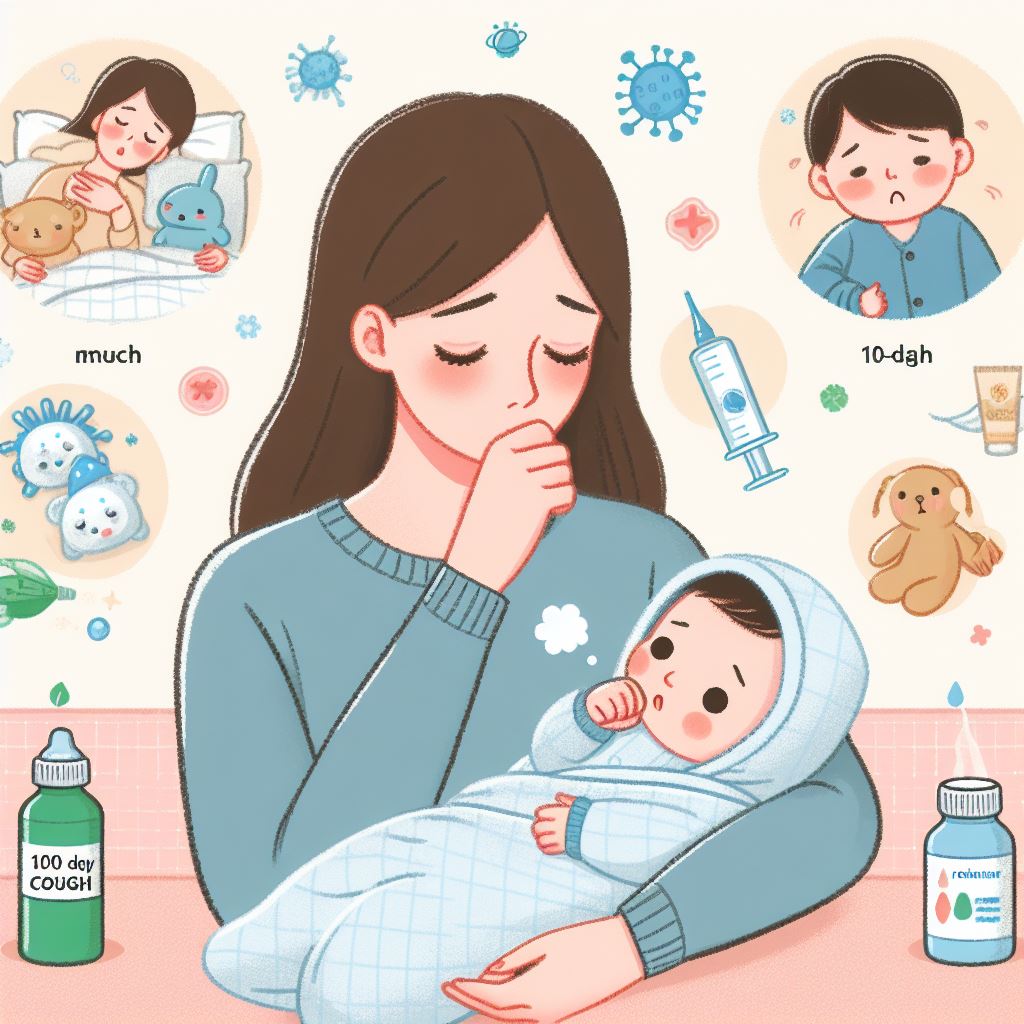Your basket is currently empty!

Recent reports indicate a concerning surge in cases of a highly contagious bacterial infection known as the ‘100-day cough‘ across the UK. Unlike the common cold, this infection significantly impacts the lungs and breathing tubes, posing health risks to those affected.
This infection, characterized by a persistent and lengthy cough, has witnessed a staggering 250% increase in reported cases over the past five months, from July to November. The resurgence of schools and the onset of autumn, typical for heightened respiratory infections, have contributed to this rise, prompting concerns about its potential impact on public health.
The ‘100-day cough’ displays symptoms reminiscent of a common cold, As per NHS The first signs of whooping cough are similar to a cold, such as a runny nose and sore throat (a high temperature is uncommon. post-exposure to the bacteria. However, the distinguishing characteristic of this infection is the onset of intense and prolonged coughing episodes that can persist for up to two months.
The 100 days cough is a highly contagious upper respiratory infection caused by a bacteria called bordetella pertussis. These bacteria release toxins, causing your airways to swell and damage cilia (tiny, hair-like extensions) that line part of your upper respiratory system.
The severity of these coughing fits may lead to additional complications, such as vomiting, nosebleeds, or even ruptured blood vessels in the eyes. The strain on the body caused by incessant, forceful coughing can take a toll on overall health and energy levels, highlighting the importance of seeking timely medical attention.
Early identification and appropriate treatment are crucial to managing this ailment effectively. Seeking medical advice upon experiencing persistent coughing beyond the typical duration of a cold can prevent complications and ensure proper care to minimize the infection’s impact on one’s health.
Maintaining good hygiene practices, including frequent handwashing, using tissues when coughing or sneezing, and avoiding close contact with infected individuals, remains essential in mitigating the spread of this bacterial infection.
In conclusion, the rise in cases of the ‘100-day cough’ necessitates increased awareness and vigilance. Recognizing the symptoms, seeking timely medical intervention, and adhering to preventive measures can play a pivotal role in managing this infection and safeguarding public health. It spreads very easily and cause serious problems the NHS has warned


Leave a Reply